'Judiciary has been endorsing military rule'
Justice Mandokhail questions if Article 6 can be applied to judges who supported dictators
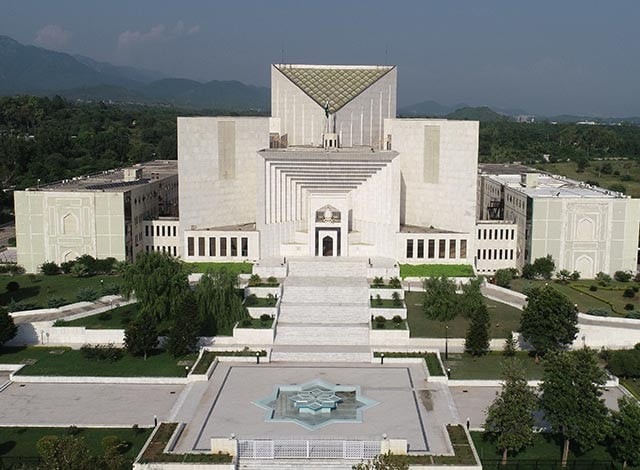
A member of the Supreme Court's Constitutional Bench (CB) has noted that the judiciary has been endorsing martial laws in the country while raising the question as to whether Article 6 of the Constitution can be applied to the judges who supported these unconstitutional acts.
Justice Jamak Khan Mandokhail made these remarks on Monday as the seven-member CB resumed hearing the petitions filed against the SC's October 2023 order in military courts case.
Article 6 states that any person who abrogates, subverts, suspends, or holds in abeyance the Constitution by any means, or attempts or conspires to do so, shall be guilty of high treason which is punishable by death.
In Pakistan martial law was imposed four times respectively by General Ayub Khan, General Yahya Khan, General Ziaul Haq and General Pervez Musharraf respectively in 1958, 1969, 1977 and 1999. On each such instance, a number of judges endorsed these measures.
During the proceedings on Monday, Mandokhail inquired whether the military trial of a civilian is referred to as a court-martial. Khawaja Haris, the Ministry of Defense's lawyer, responded that proceedings in military courts are indeed termed as court-martials.
Justice Musarrat Hilali asked the lawyer if there is a punishment for suspending the Constitution under the Pakistan Army Act, 1952. The lawyer replied that the penalty for suspending the Constitution is outlined in Article 6 of the Constitution, which takes precedence over all other laws.
"The Army Act, however, prescribes penalties for violating one's oath," he added.
During the hearing, an interesting exchange took place between Justice Hassan Azhar Rizvi and Khawaja Haris. Justice Rizvi inquired how the CB could know if the law of evidence was violated during the military trial of PTI workers.
"Since we have not seen the decision, can we review the record?"
In response, Haris stated that he would explain the procedure adopted during the trial without revealing the identity of one of the convicted individuals. "The proceedings of this case should not be affected by this," he added.
Head of the CB, Justice Aminuddin Khan, assured Haris that the bench would not allow the trial to be affected by this judicial process. "Please preserve the record, and if necessary, we will ask for it later."
Justice Hassan Azhar Rizvi noted that the court wanted to see the quality of evidence presented in the military trial. Haris, however, stated that before reviewing the quality of the evidence, the CB must consider its jurisdiction as it cannot delve into the merits of the case.
Justice Rizvi noted that the Official Secrets Act, 1923 was amended on August 11, 2023, but the incident occurred in May 2023. "Does the law apply retroactively?" The Ministry of Defense's lawyer confirmed, adding that the amended Official Secrets Act, applies retroactively. The court will resume hearing today.



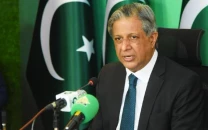
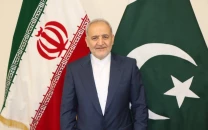
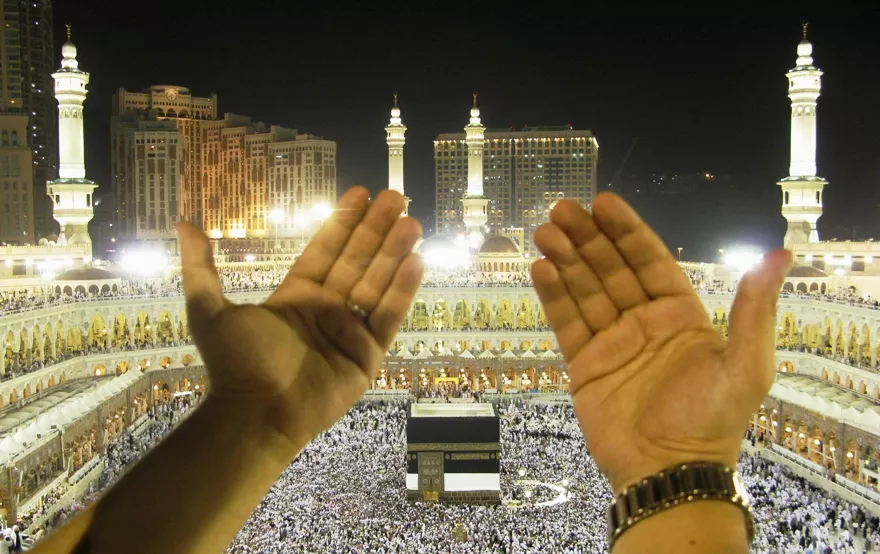
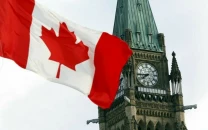












COMMENTS
Comments are moderated and generally will be posted if they are on-topic and not abusive.
For more information, please see our Comments FAQ